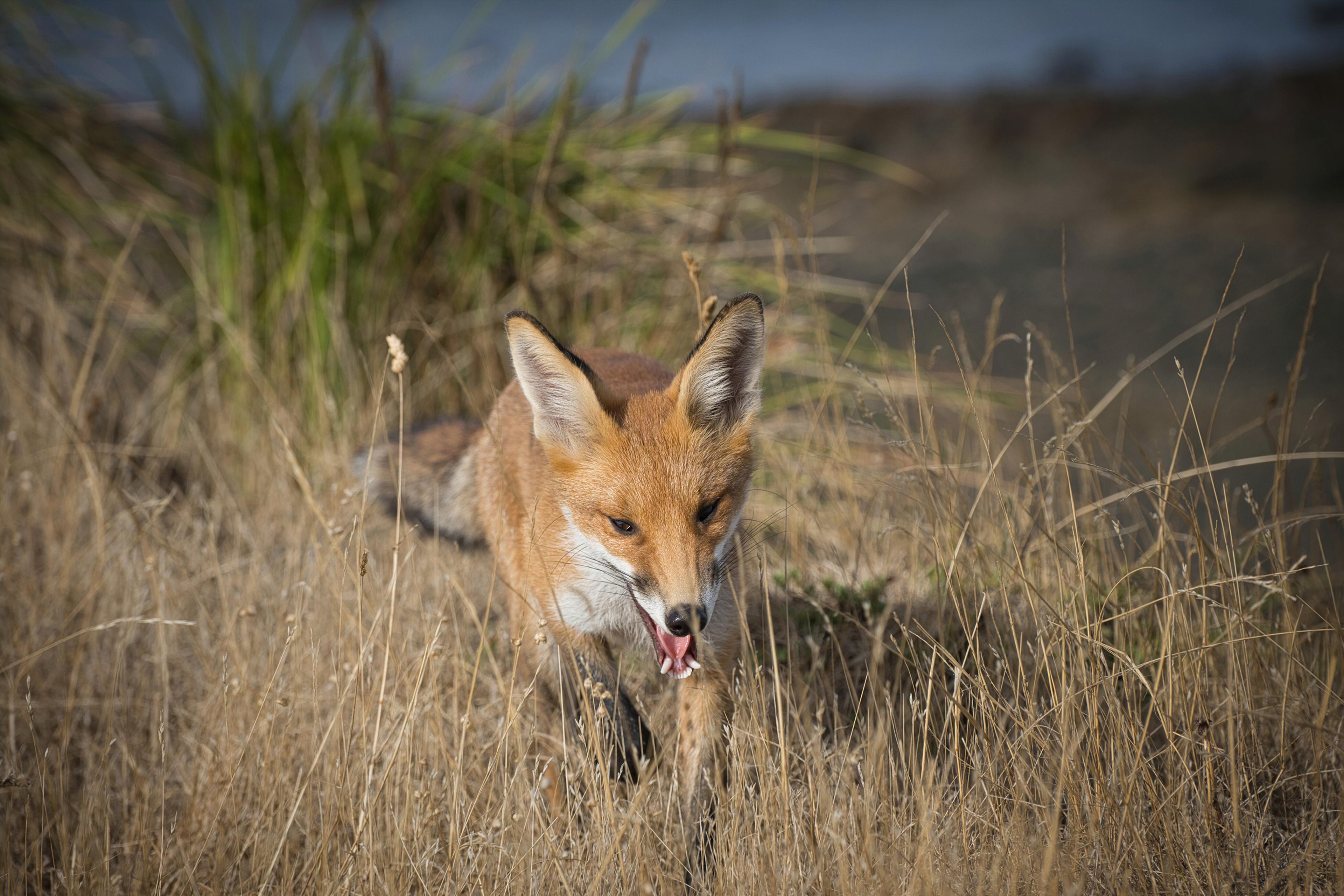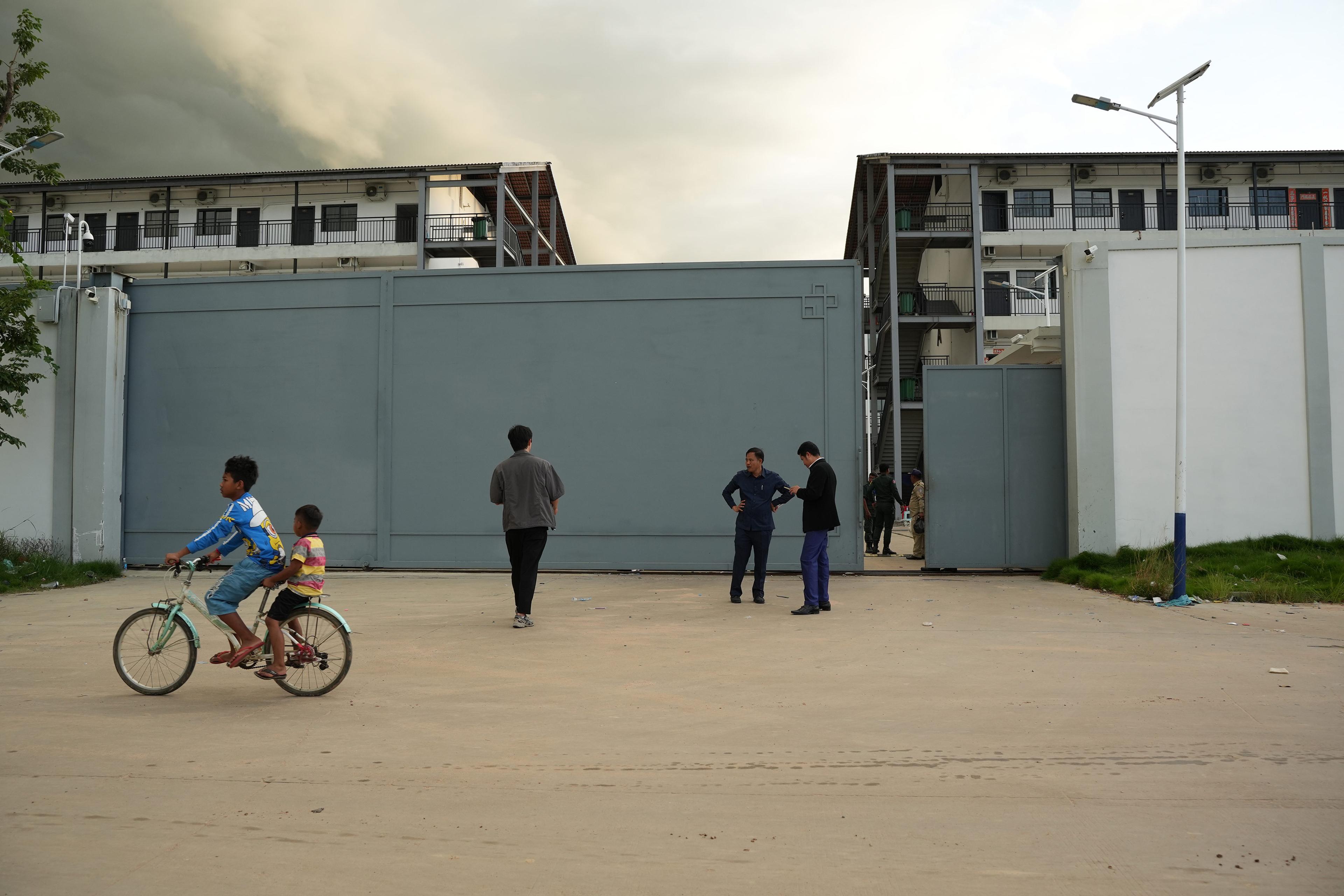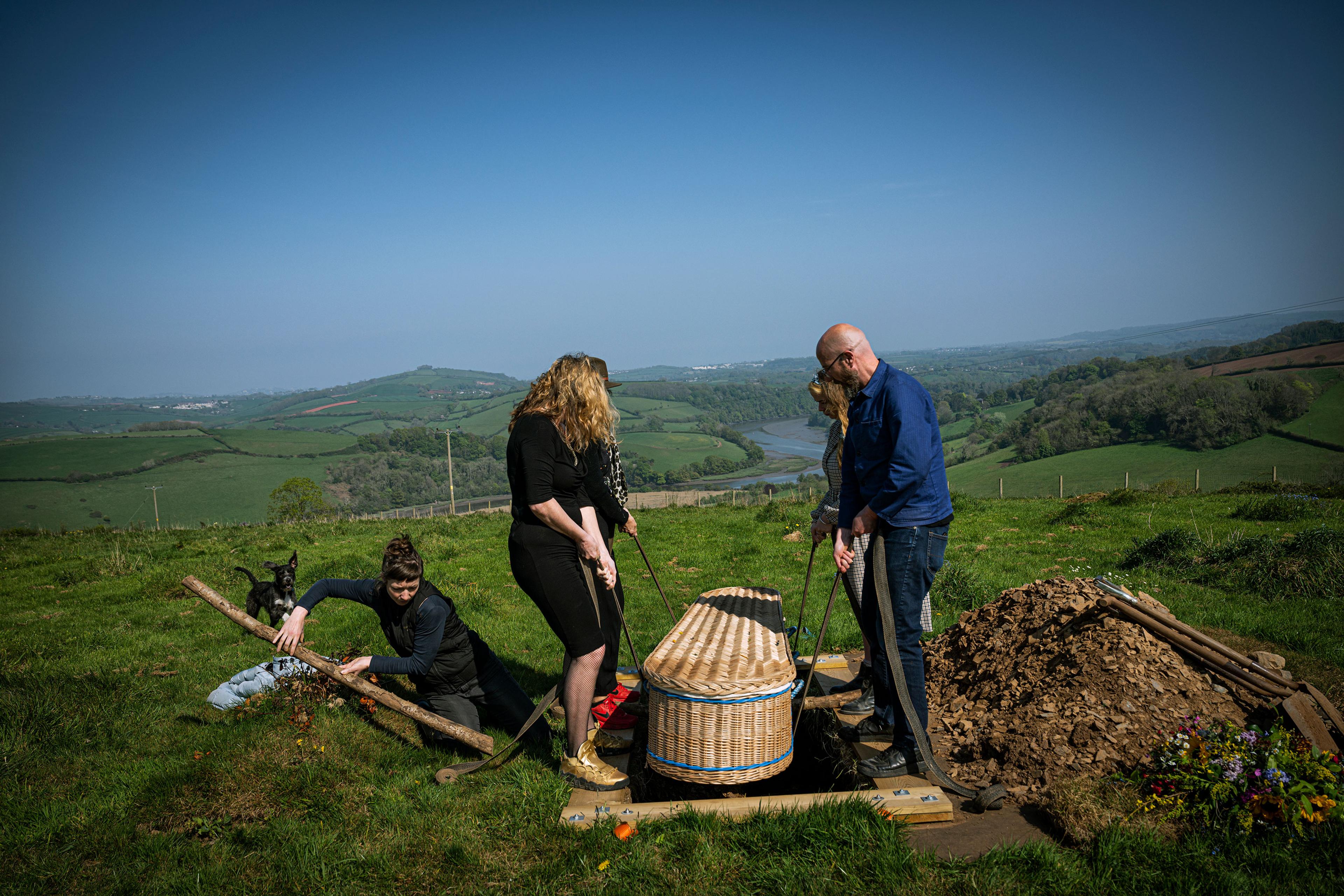Cameron Allan McKean
Editor, Aeon+Psyche
Cameron is a writer, editor and underwater anthropologist in Melbourne, Australia. After a decade in Tokyo working as an arts journalist, he began doctoral studies at Deakin University involving fieldwork with scientists and divers at coral reefs in the Pacific Ocean. Cameron is a former books and culture editor for The Japan Times, and a past contributor to CNN, ArtAsiaPacific, Dwell, Apartamento, and art-agenda.
Edited by Cameron Allan McKean

essayEcology and environmental sciences
Conservation’s prejudice
Ecology is pervaded by a nativist dogma against invasive species that distorts the science and undermines wildness
Carlos Santana

essayWork
Victims and villains
In Southeast Asia’s scam compounds, workers are being enslaved but the boundary between victim and perpetrator is blurred
Ivan Franceschini & Ling Li

essayDeath
How to become a tree
Many people today want to commit their remains to rejuvenating the planet. But are these green deaths just greenwashing?
Hannah Gould & Georgina Robinson

essayOceans and water
Red tape on a blue planet
Do the laws and rules that once protected coral reefs now stand in the way of radical interventions that could save them?
Irus Braverman

essayEthics
Can machines suffer?
We once denied the suffering of animals in pain. As AIs grow more complex, we run the danger of making the same mistake
Conor Purcell

essayConsciousness and altered states
A wondrous brew
Ayahuasca has gone global. But do corporate managers in China’s megacities have the same visions as shamans in Peru?
Alex K Gearin

essayEarth science and climate
The model of catastrophe
The immense complexity of the climate makes it impossible to model accurately. Instead we must use uncertainty to our advantage
David Stainforth

essayCosmology
Megastructures on Mars
Images of vast ‘canals’ rippling across the red planet inspired fears of alien ‘engineers’ and changed science forever
Dagomar Degroot

essayProgress and modernity
The shadow of prosperity
A shrub meant to end hunger now chokes Kenya’s farmlands. It’s a parable of how visions of progress can outgrow their promises
Samuel F Derbyshire

essayMetaphysics
Reality is evil
Everything eats and is eaten. Everything destroys and is destroyed. It is our moral duty to strike back at the Universe
Drew M Dalton

essayRituals and celebrations
A life in Zen
Growing up in countercultural California, ‘enlightenment’ had real glamour. But decades of practice have changed my mind
Anshi Zachary Smith

essayAnthropology
Spider divination
Life is complicated. In Cameroon, initiated diviners read the messages of spiders to untangle possible futures
David Zeitlyn